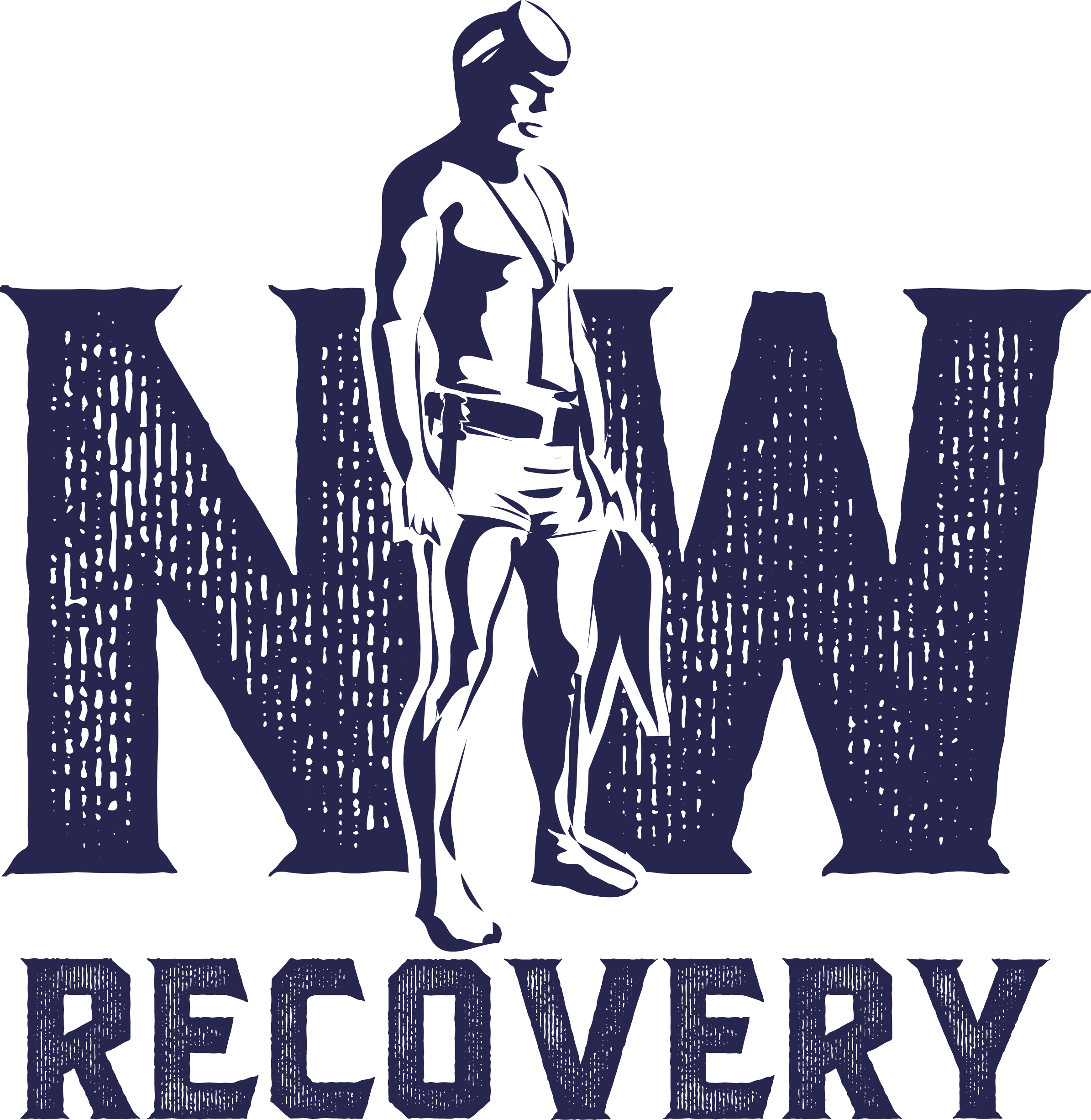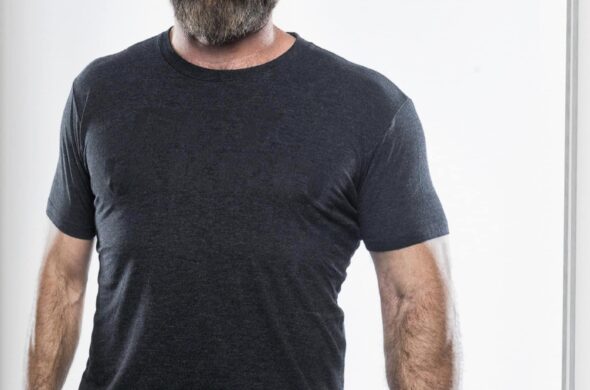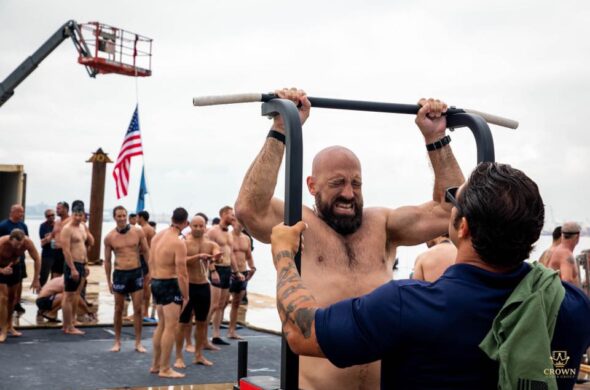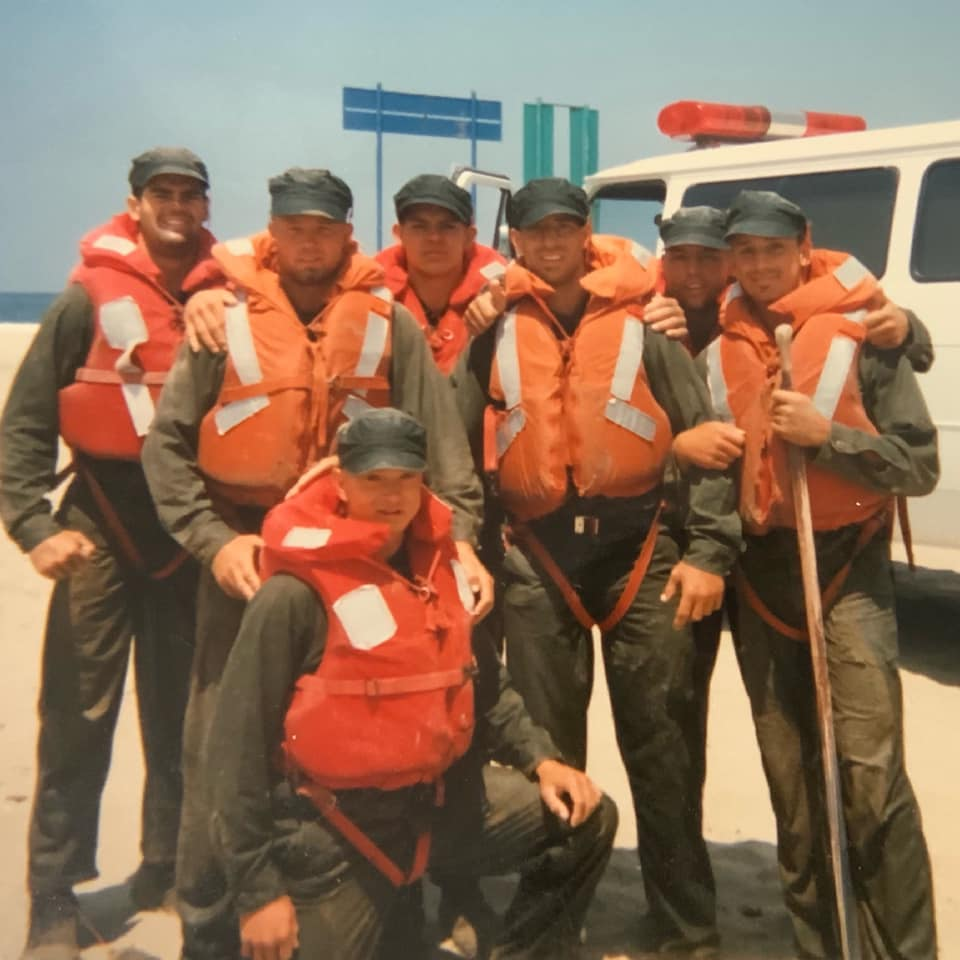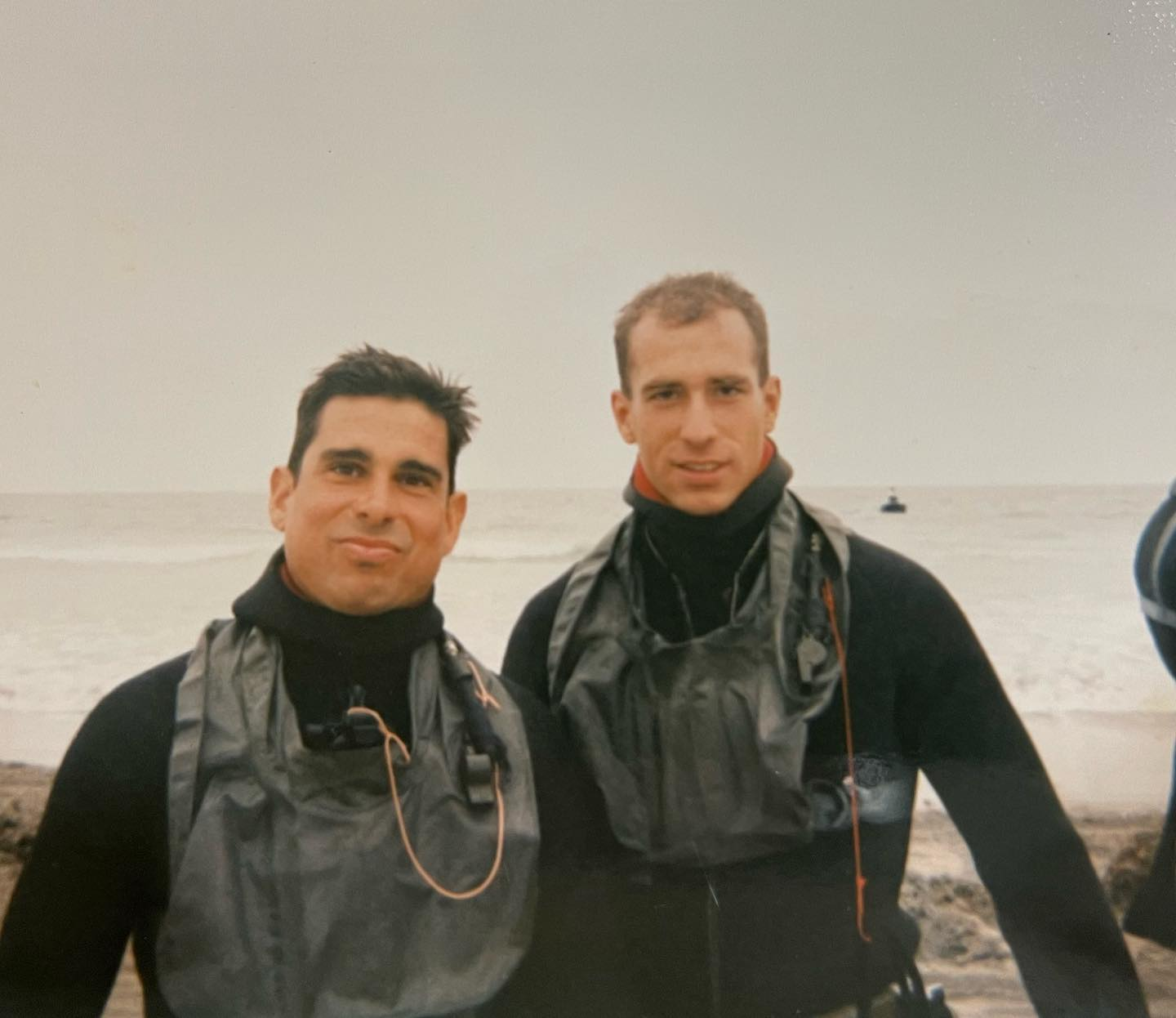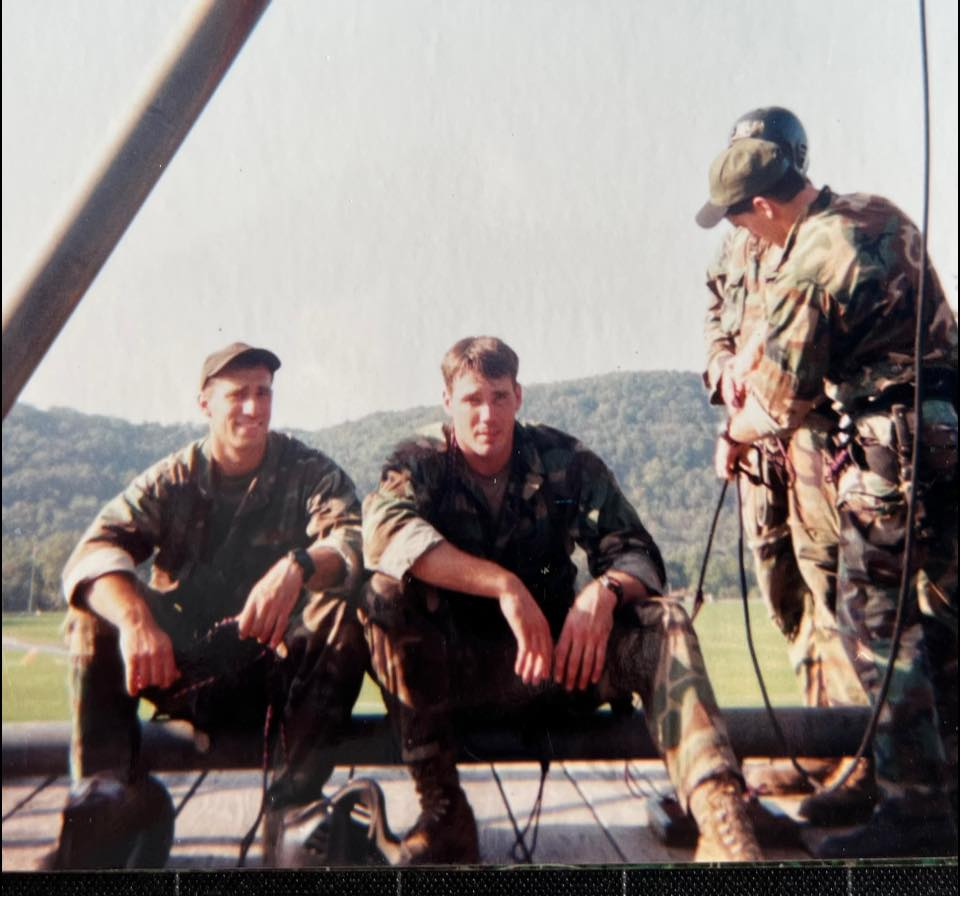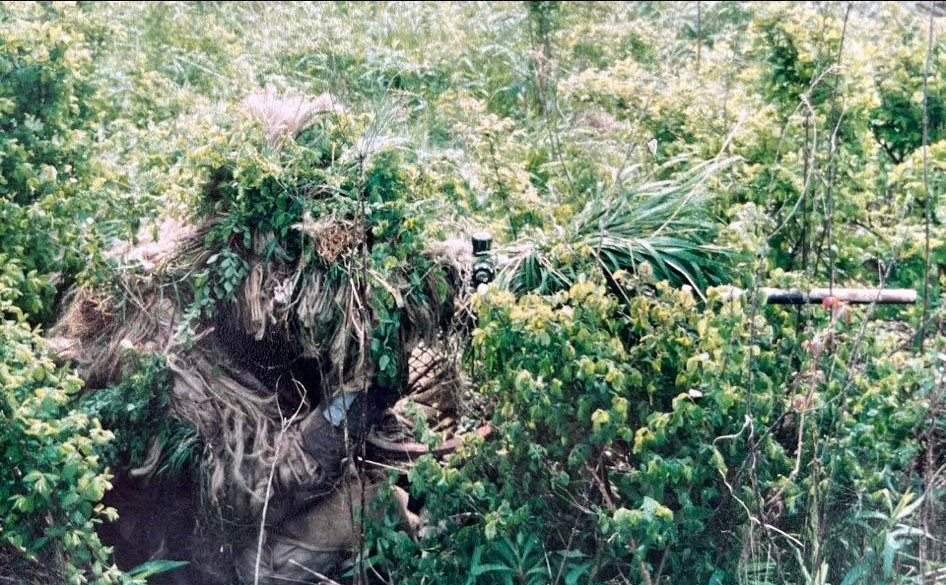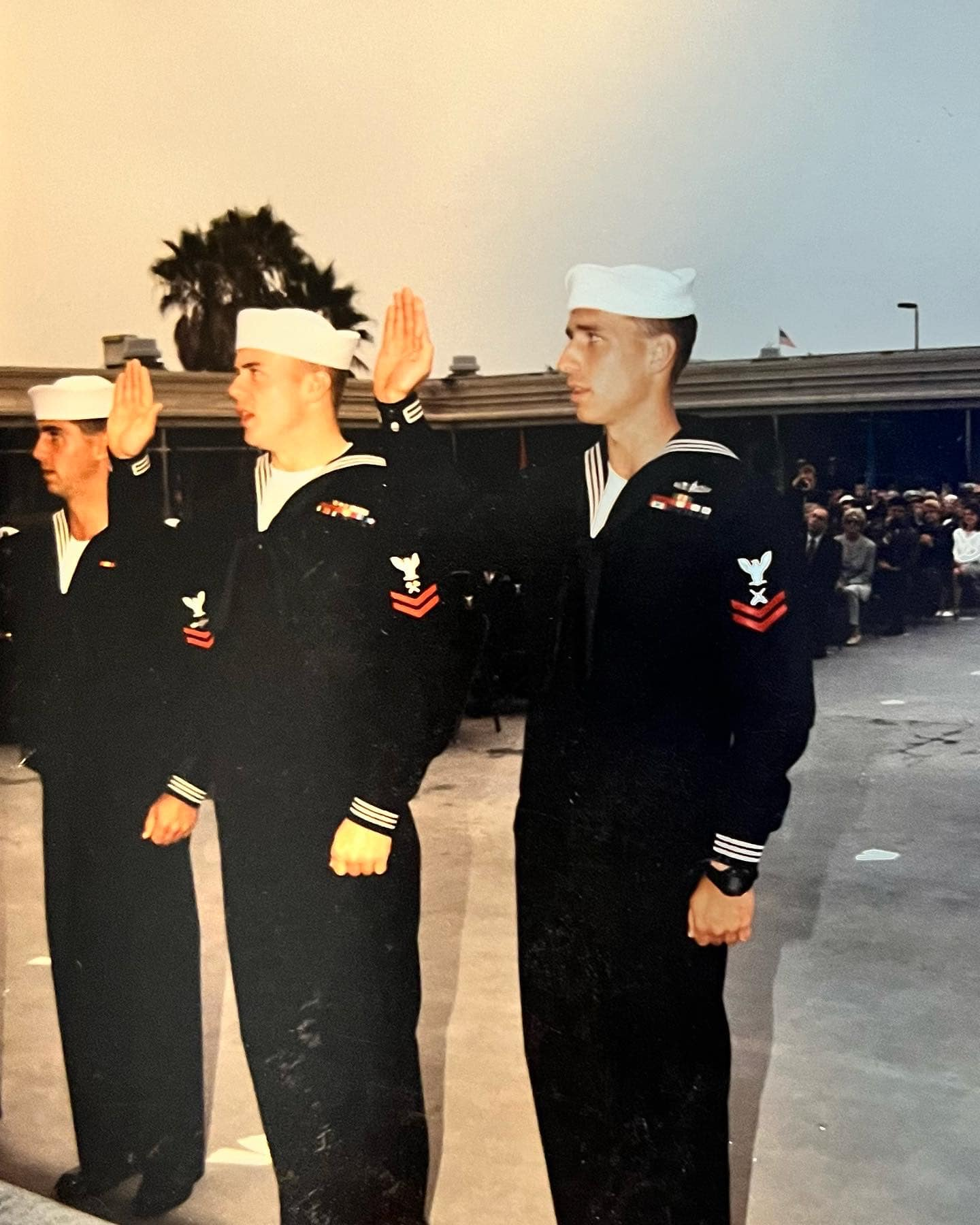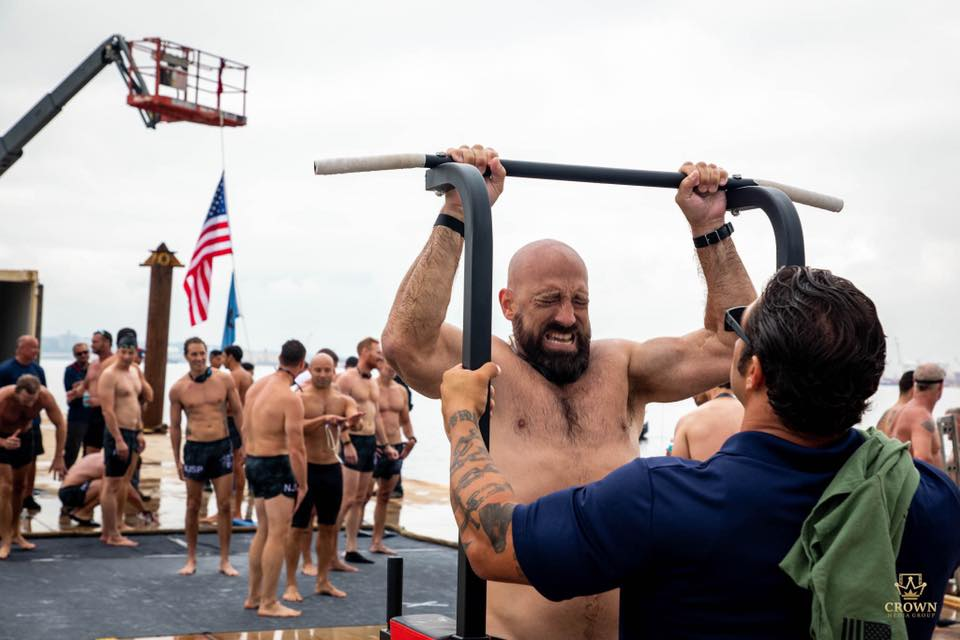Fatigue is a common experience during exercise or physical activity. It is characterized by feelings of exhaustion, weakness, and a lack of motivation. According to A. Mosso, a researcher from the early 1900s, fatigue is an emotional response to stress and discomfort in the body. Mosso’s research focused on the idea that fatigue was not solely a physical event but rather a complex interplay between the mind and body.
Fatigue Is An Emotion
In recent years, research has supported Mosso’s theory that fatigue is not just a physical event but rather a response that happens in the brain. Studies have shown that when the body begins to feel discomfort or stress, the brain sends signals to the body to slow down or do less work. This is because the brain is programmed to protect the body from overexertion and conserve energy.
However, it turns out that our brains are overly cautious when it comes to exertion, and we often have more energy available than we realize. This is why pushing through fatigue during exercise is so important. By continually pushing your body, you can train your brain to override that fatigue emotion and keep going. This is particularly true when it comes to endurance sports, such as running or cycling, where mental fortitude can be just as important as physical fitness.
Research has shown that pushing through fatigue can actually prolong the amount of time an athlete can sustain a high level of physical activity. For example, a study published in the International Journal of Sports Physiology and Performance found that cyclists who pushed through fatigue during a time trial were able to sustain a higher power output than those who did not. This is because the act of pushing through fatigue can actually help to delay the onset of muscle fatigue and improve overall endurance.
CBD Helps Combat Fatigue
But what if you’re struggling to push through fatigue? This is where CBD can come in. CBD, or cannabidiol, is a compound found in the cannabis plant that has been shown to have a number of health benefits, including reducing inflammation, improving sleep, and reducing anxiety.
One of the ways that CBD oil can help combat fatigue is by reducing inflammation in the body. When we exercise, our muscles undergo small amounts of damage, which can lead to inflammation. This inflammation can contribute to feelings of fatigue and make it harder to push through discomfort during exercise. CBD oil has been shown to reduce inflammation in the body, which can help to reduce feelings of fatigue and make it easier to push through discomfort during exercise.
CBD oil can also help to improve sleep, which is important for recovery after exercise. Studies have shown that CBD oil can improve sleep quality and reduce the time it takes to fall asleep. This can help athletes to recover more quickly after exercise and feel more energized for their next workout.
Finally, CBD oil can help to reduce anxiety, which can be a major barrier to pushing through fatigue during exercise. Studies have shown that CBD oil can reduce anxiety in people with anxiety disorders, and anecdotal evidence suggests that it can help to reduce feelings of anxiety during exercise as well. By reducing anxiety, CBD oil can help athletes to stay focused and motivated during exercise, making it easier to push through feelings of fatigue and discomfort.
Strategies To Deal With Fatigue
In addition to the role of CBD oil, there are other strategies that can help combat fatigue during exercise. One of the most effective is to focus on the task at hand and stay in the present moment. By focusing on your breathing, your form, or your surroundings, you can distract your mind from feelings of fatigue and discomfort.
Another strategy is to break up the exercise into smaller, manageable pieces. This can be particularly helpful during endurance sports, where the goal may be to complete a certain distance or time. By breaking up the task into smaller pieces, you can focus on each segment individually and feel a sense of accomplishment with each completed piece.
Another strategy for combating fatigue during exercise is to use positive self-talk. This involves consciously replacing negative thoughts with positive ones. For example, instead of thinking, “I can’t do this,” try thinking, “I can do this, and I’m getting stronger with every step.” By reframing negative thoughts in a positive light, you can boost your confidence and motivation, which can help you push through feelings of fatigue and discomfort.
Proper nutrition and hydration are also important factors in combating fatigue during exercise. Eating a balanced diet that includes carbohydrates, protein, and healthy fats can provide your body with the energy it needs to perform at its best. Staying hydrated is also crucial, as even mild dehydration can lead to feelings of fatigue and reduced performance.
Additionally, getting enough rest and recovery is crucial for combating fatigue during exercise. Aim for 7-9 hours of sleep each night, and make sure to take rest days or easy recovery days as needed. Overtraining can lead to fatigue and burnout, so it’s important to listen to your body and give it the rest it needs to perform at its best.
Extreme Fatigue Effects
Chronic fatigue syndrome is a real condition and is often misdiagnosed as another underlying health condition. Fatigue, in general, can induce not only leave you feeling tired but it can also display other symptoms such as weight gain, erode the development of healthy red blood cells, and negatively impact the immune system. Excessive sleepiness through fatigue also triggers psychological stress. Fatigue can also be a symptom of thyroid disease in both men and, more often, in women. The sooner you identify the source of your fatigue, the better you can manage its effects.
How I Dealt With Fatigue as a Navy SEAL
As a US Navy SEAL, I faced some of the most grueling physical and mental challenges of any profession. The training and missions of a SEAL require extreme levels of endurance, strength, and mental fortitude. For me, dealing with fatigue and poor sleep was a constant challenge, but one that I was able to overcome through discipline, focus, and the support of my team.
During my time as a SEAL, I learned a number of strategies for combating fatigue during grueling missions and training exercises. One of the most important was to stay focused on the task at hand and not get caught up in feelings of exhaustion or discomfort. By staying present in the moment and focusing on the mission, I was able to push through even the toughest physical challenges.
Another strategy that I used was to break up long missions or training exercises into smaller, more manageable pieces. By focusing on completing each smaller task rather than the entire mission (in BUD/s, we focused on one evolution at a time), I was able to maintain my own energy levels and focus over longer periods of time. This was particularly important during endurance missions, where the goal was to complete a certain distance or objective over a period of many hours or days.
In addition to these strategies, I also used mental techniques to combat fatigue. For example, I would use visualization techniques to imagine myself completing the mission or exercise with ease. By mentally rehearsing success, I could boost the confidence I would overcome my obstacle and overcome feelings of exhaustion, chronic fatigue, or doubt.
I also learned the importance of rest and recovery in combating fatigue. After long missions or training exercises, as part of our return from deployment, the command would prioritize rest and relaxation to allow our bodies and minds to recover. This included getting enough sleep, eating nutritious foods, and taking downtime to work out or chill. Back then, we didn’t know how meditation or other stress-reducing activities helped combat fatigue. We just toughed it out like anything else.
Overall, my experience as a Navy SEAL taught me the importance of discipline, focus, and mental fortitude in overcoming fatigue during physical exertion. By staying present in the moment, breaking up long tasks into smaller pieces, using mental techniques to boost confidence, and prioritizing rest and recovery, I could push my body and mind to their limits and achieve objectives through endurance and strength.
Summing It Up
Fatigue is a complex interplay between the mind and body. Fatigue is not just a physical event; it is also a mental experience. This means that your mental state can play a big role in how quickly you become fatigued during exercise. If you are feeling anxious, stressed, or distracted, you may find that you become fatigued more quickly than if you are feeling calm and focused.
One way to combat mental fatigue is to practice mindfulness during exercise. Mindfulness involves being fully present and engaged in the current moment without judgment or distraction. By focusing on your breathing, your form, or your surroundings, you can distract your mind from negative thoughts and feelings and stay present in the moment.
Another strategy to combat fatigue is to build up your mental toughness through consistent training. Building mental toughness is achieved by setting achievable goals, pushing yourself outside of your comfort zone, and focusing on the process rather than the outcome. By setting achievable goals, you can build confidence and motivation as you achieve each milestone. By pushing yourself outside of your comfort zone, you can train your brain to overcome fatigue and discomfort. And by focusing on the process rather than the outcome, you can stay present in the moment and enjoy the journey rather than becoming overwhelmed by the challenge ahead.
In addition to these strategies, it’s important to listen to your body and take rest when needed. Overtraining can lead to burnout, injury, and a decrease in performance, so it’s important to give your body time to rest and recover. By incorporating rest days into your training schedule and getting enough sleep, you can ensure that your body and mind are ready for your next workout.
Overall, fatigue is a complex experience that involves both the mind and body. By understanding the role that fatigue plays in your exercise routine and incorporating strategies to combat it, such as mindfulness, mental toughness training, and rest and recovery, you can unlock your full potential and achieve your life, work, and fitness goals.
